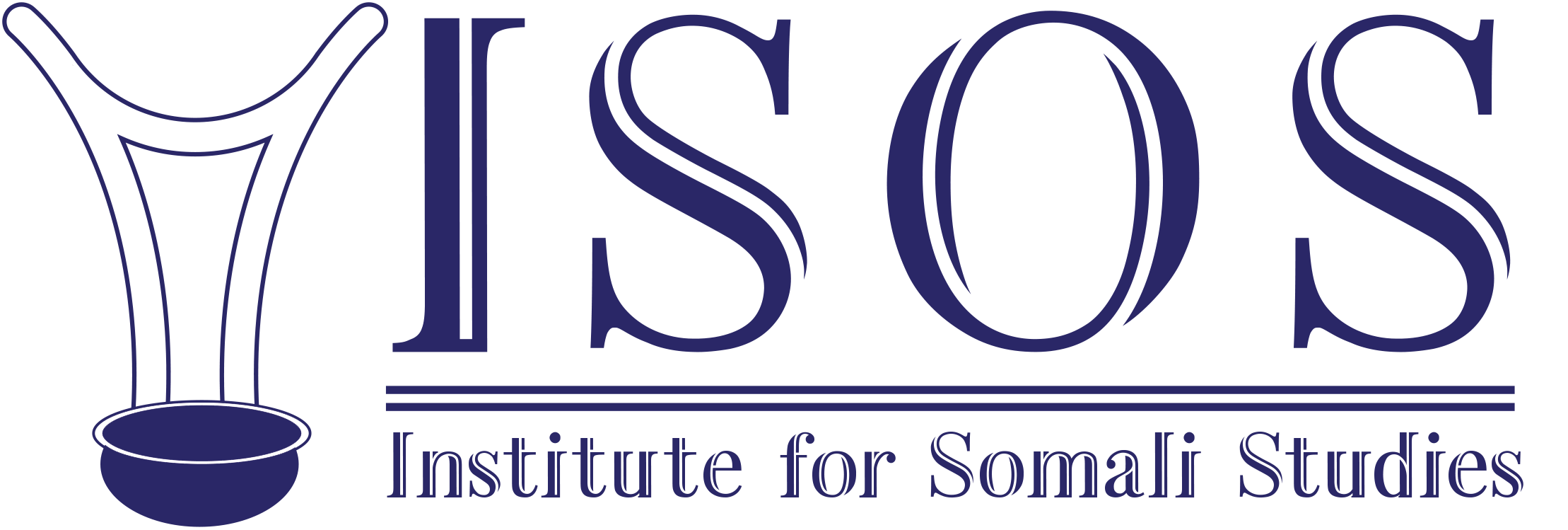Abstract
This paper examines the political themes in three collections of poetry by Abdirahman Gaileh Mirreh (1942-2000). Motivated by what he witnessed in his native Somalia, Mirreh’s poetry is driven by his belief in democracy, freedom, and human rights. This paper explores how Mirreh's call for a change in the Horn is rooted in his belief that stability and progress in Somalia can only be achieved by moving from dictatorship to democracy, from a focus on self-interests to an emphasis on collective prosperity, and from clannish to patriotic politics. Even when he was forced out of Somalia, Mirreh’s democratic convictions never waned and were strengthened by the effects of democracy that he witnessed in the West. This paper highlights how Mirreh’s political poetry can be perceived as a roadmap for the betterment of the political scene in the Horn.
Keywords:
Abdirahman Mirreh, Somali Poetry, Political Poetry, Mogadishu University, ISOS,

